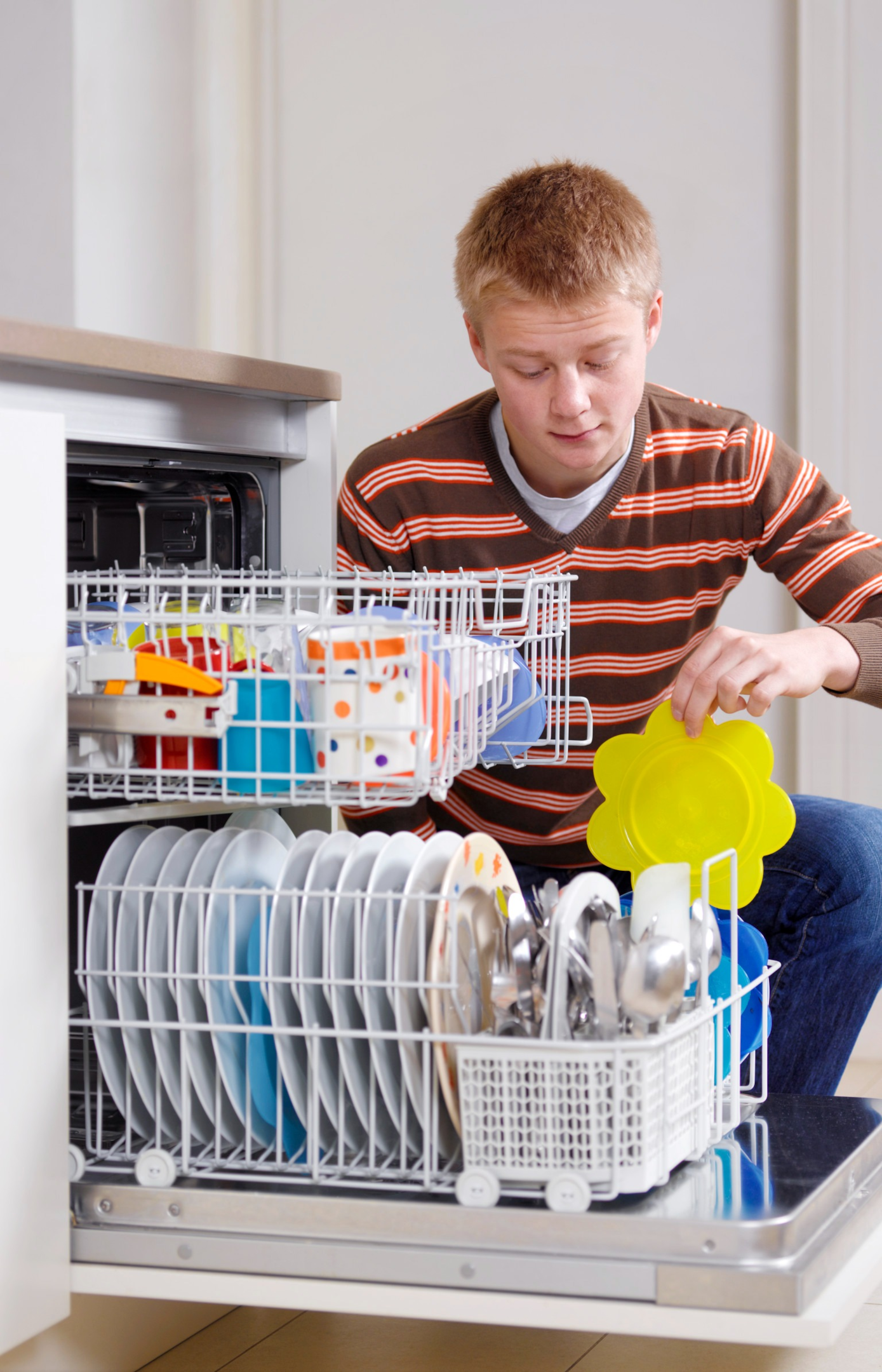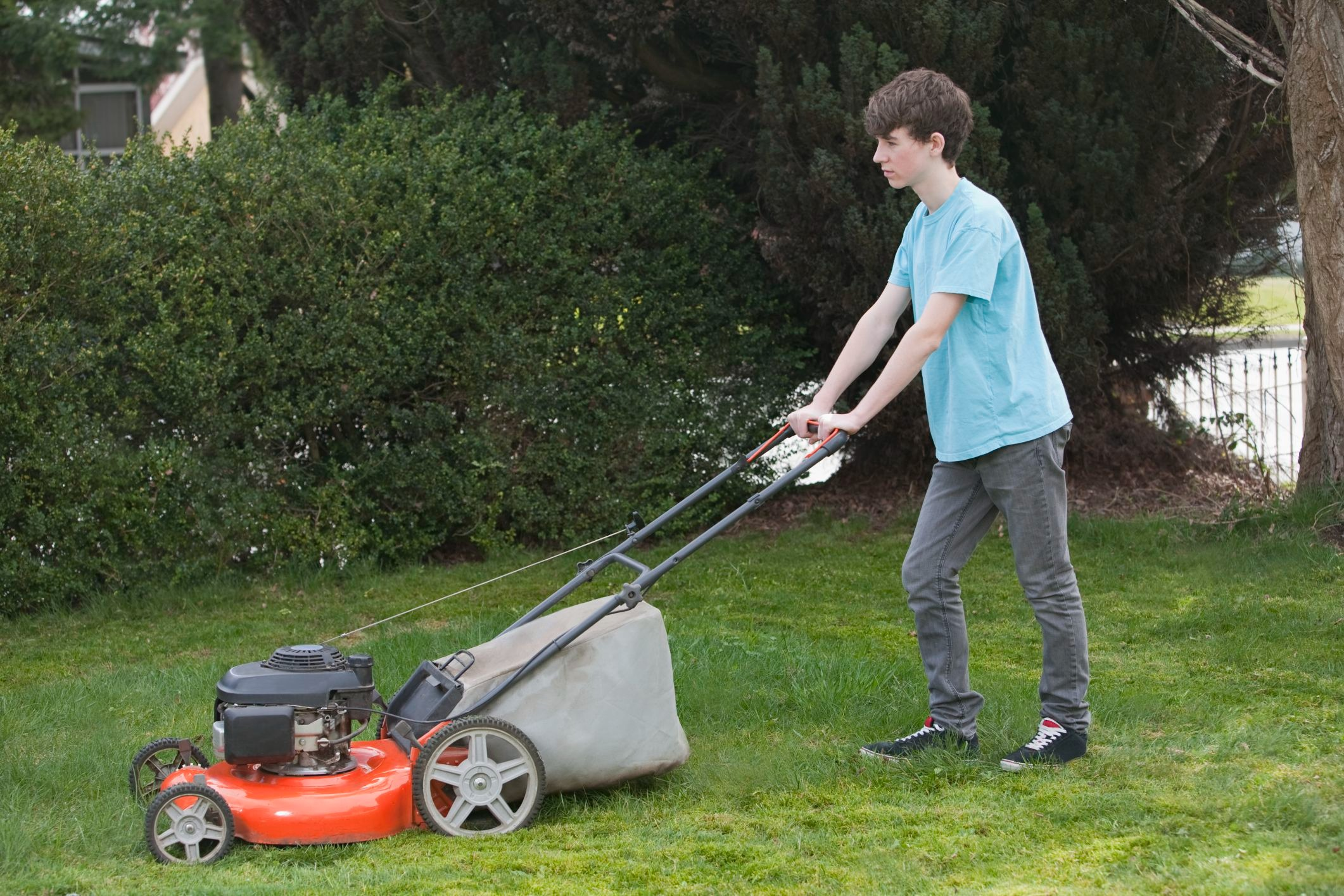
Hey there, awesome parents! Forget the age-old notion that teenagers are allergic to housework. Trust me, it’s a myth. Assigning chores for teenagers is more than just a way to keep the house clean; it’s a gateway to equipping them with essential life skills. Let’s dive into why this matters and how you can make chores an enriching experience for your growing kids.
The Importance of Chores for Teenagers
Remember, guys, when our parents used to tell us that chores would help us later in life? Well, the truth is that they weren’t far from the truth. Here, we will explain some of those reasons.
Skill Development
First off, we’re talking real-world skills here. Teaching your teenager to do the laundry means they won’t head off to college with a bag of dirty clothes looking for the nearest dry cleaner—or worse, mom and dad! Balancing chores with schoolwork and social commitments teaches them time management. It might even save you from late-night calls about how to operate a washing machine.
Character Building
Chores aren’t just about making beds and doing dishes; they are character-building exercises in disguise. When your teen takes out the garbage or feeds the family pet, they learn valuable life lessons about responsibility and accountability. These qualities go far beyond the home, affecting school performance and future employment.
Family Benefits
Okay, let’s not overlook the immediate perk—chores help to distribute the household workload. And we all know, as much as we love them, teens can contribute to that workload quite a bit. (Does anyone else have a teen with a mysterious ability to dirty every dish in the house?) When everyone pitches in, the household runs smoother and leaves room for more quality time together.

Common Objections and Rebuttals
“I’m too busy with schoolwork!”
I hear you. Teens often complain that they’re swamped with assignments and exam prep. However, taking a break from academics to do something physical can refresh their minds. Think of it as a practical study break. It’s like a mini version of the Pomodoro Technique. This time management method involves short bursts of focused activity and a break.
“It’s boring and repetitive.”
Let’s be honest: housework is only sometimes the most exciting activity. But who says chores have to be a drag? Turn the task into a mini-competition or even a dance-off with the vacuum cleaner. You’d be surprised how much a little imagination can change the mood.
“Why can’t we just hire someone?”
Yes, you could outsource housework, but then you’d miss an opportunity for teaching and bonding. A paid housekeeper won’t impart life lessons on responsibility and independence. Plus, there’s a lot of satisfaction to be gained from completing a task with your own two hands.

Age-Appropriate Chores
13-15 Years Old: Entry-Level Chores
The teen years between 13 and 15 are a critical juncture for skill development. At this stage, kids are more than capable of contributing around the house, but they need more time to be ready for the big leagues of total self-reliance. The chores for this age group are selected to offer a blend of independence and supervision, helping teens to transition smoothly into more demanding tasks as they grow older.
Examples:
Vacuuming: This task provides a sensory reward. The immediate result of a cleaner room can be gratifying, teaching teens the value of a job well done.
Sorting and doing laundry: It’s not just about tossing clothes into a machine. Sorting by color and fabric type teaches teens the concept of categorization and attention to detail.
Preparing simple meals like scrambled eggs or pasta: Basic cooking not only equips them with essential survival skills but also introduces them to the joys and responsibilities of food preparation.
Yard work, such as raking leaves or watering plants: This is about more than aesthetics or gardening. It’s about stewardship of the environment immediately around them.
Wiping down kitchen counters: A simple but necessary task that instills the importance of cleanliness and hygiene.

16-18 Years Old: The Threshold to Independence
As teens inch closer to adulthood, their chores should parallel this progression, becoming more complex and introducing higher levels of responsibility. These tasks are no longer merely household duties; they’re life skills in the making.
Examples:
Grocery shopping, with a list and a budget: This chore teaches essential skills such as budgeting, planning, and basic nutrition. The concept of ‘value for money’ also comes into play here.
Essential car maintenance, like checking tire pressure or oil levels: For teens who drive or are learning to drive, understanding basic car upkeep is crucial. It’s not just about convenience; it’s a safety issue as well.
Cooking more complex meals, perhaps even handling a family dinner once a week: The kitchen is a fantastic arena for creativity and independent thinking. By tackling more complicated recipes, teens learn problem-solving skills applicable beyond the stove.
Managing their budget or allowance: Responsibly handling money is an indispensable life skill, and the earlier it’s learned, the better. Budgeting chores can also introduce concepts like saving, spending, and even investing.
Helping with younger siblings—homework help, bath time, etc.: These tasks teach empathy and care. They also help develop communication skills, especially when explaining complex ideas to younger minds.

Making Chores Fun and Engaging
Firstly, let’s tap into the tech-savvy nature of today’s teens by incorporating digital tools into chore management. There are plenty of apps like OurHome or ChoreMonster that gamify chores, turning each task into a point-earning challenge. Smart home devices can also add fun; imagine a playlist of favorite tunes starting up as your teen picks up the vacuum.
Secondly, positive reinforcement goes a long way. Rewards must not be grandiose; they must be meaningful to your teen. Completing chores could earn them a dinner, extra screen time, or even a memorable day out. It turns duties into a way to achieve something they value, reinforcing that hard work pays off.
Lastly, who says chores can’t have a dash of creativity? Spice up the routine with themed cleaning days like “Superhero Clean-Up Day,” where everyone in the household dons a cape. Alternatively, you can make it a game by introducing ‘Chore Roulette,’ where each family member draws a slip of paper from a bowl to determine their daily task.
Adding an element of surprise or challenge can turn chores from a mundane activity into an engaging family affair.

How Parents Can Help
Being a role model isn’t about ordering your teens around; it’s about leading by example and making chores a shared family responsibility. Participating in duties together not only lightens the workload but also serves as quality bonding time. This hands-on approach also allows you to teach the finer points of each task, from proper laundry sorting to the intricacies of vacuuming.
Open communication is crucial when it comes to household chores. Instead of enforcing a dictatorial regime, make tasks a collaborative effort where your teen’s voice is heard. The chore list can adapt to your family’s needs, and giving your teen a say in the process ensures more significant commitment on their part.
Consistency is vital in making chores a routine part of life. While it’s tempting to let things slide occasionally, doing so sends the message that these tasks are optional. Stick to assigning and following up on chores without allowing room for negotiations based on future promises. This steady approach instills the understanding that chores are a non-negotiable aspect of daily life.
Conclusion
Chores for teenagers aren’t just about keeping your home in order; they’re your teen’s first steps into the adult world of responsibility, skill-building, and teamwork. Embrace this time as an opportunity to guide them, and you’ll both reap the rewards.
And there you have it—a straightforward yet engaging look at why chores for teenagers are much more than mundane tasks. With the right approach, these daily duties can become fun, educational, and enriching experiences for the entire family. So let’s roll up those sleeves and get started, shall we?


Comments (2)
ads freesays:
January 2, 2024 at 7:16 pmThank you for the auspicious writeup. It in fact was a amusement account it. Look advanced to more added agreeable from you! By the way, how could we communicate?
ice hacksays:
January 3, 2024 at 11:33 amNice post. I learn something totally new and challenging on websites